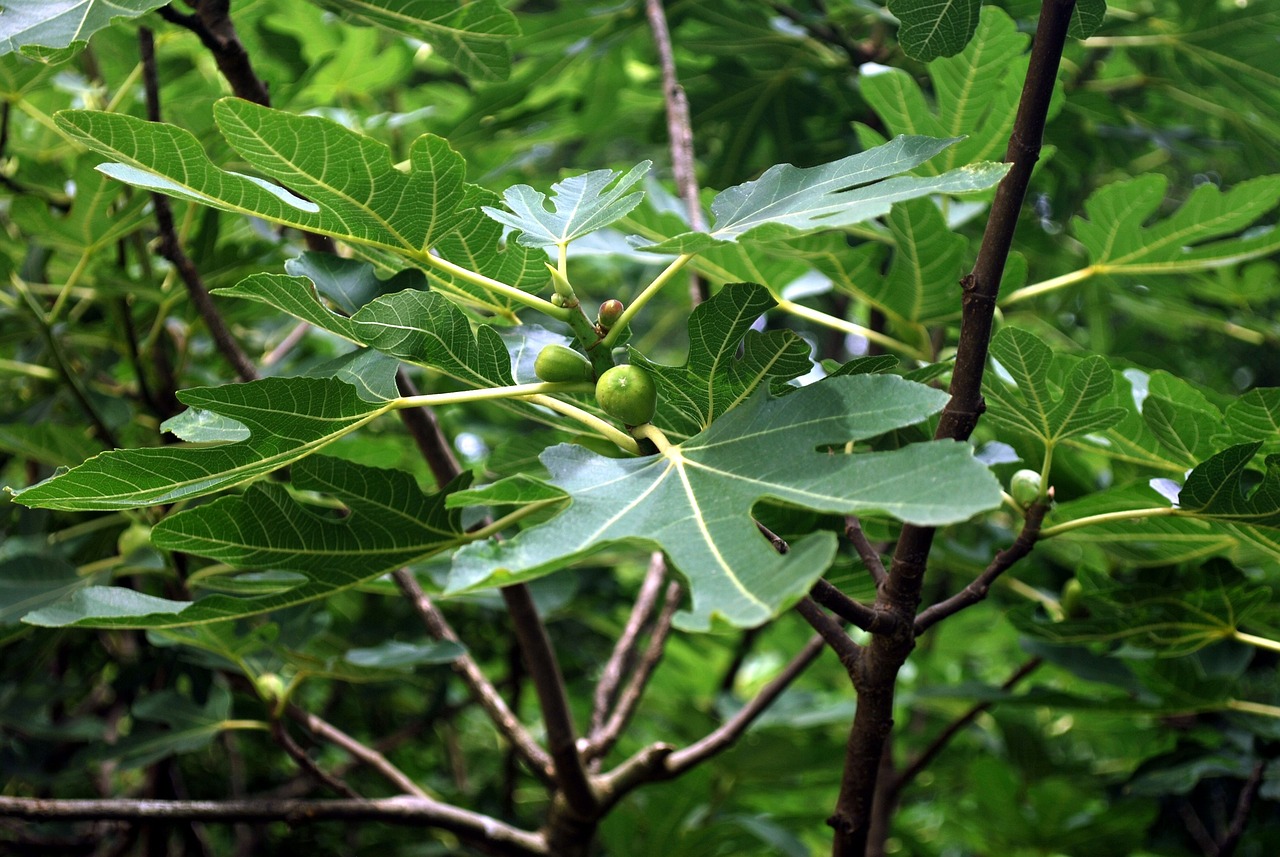Honey Production and Rural Development: World7, Mahadev book login, Silverexch
world7, mahadev book login, silverexch: Honey production plays a significant role in rural development by providing income opportunities for farmers, promoting biodiversity, and contributing to food security. In this article, we will explore the impact of honey production on rural communities and how it can be a driver for sustainable development.
The Importance of Honey Production in Rural Development
Honey production has been a longstanding tradition in many rural communities around the world. It not only provides a source of income for beekeepers but also helps in pollinating crops, promoting biodiversity, and improving soil fertility. In addition, honey is a highly nutritious food that can contribute to food security in rural areas where access to diverse and nutrient-rich foods may be limited.
Impact on Income Generation
One of the most significant benefits of honey production in rural areas is its potential to generate income for beekeepers. Honey and other bee products such as beeswax, propolis, and royal jelly can be sold locally or exported to markets, providing a steady source of revenue for farmers. This additional income can help improve the livelihoods of rural communities by enabling them to invest in education, healthcare, and other essential services.
Promotion of Biodiversity
Bees play a crucial role in pollinating plants, including many food crops that are vital for human survival. By promoting beekeeping and honey production, rural communities can help protect and enhance biodiversity in their local ecosystems. This, in turn, can lead to increased crop yields, improved soil health, and a more resilient agricultural system.
Enhancing Food Security
Honey is a nutritious food that is rich in antioxidants, vitamins, and minerals. In rural areas where access to diverse and nutrient-rich foods may be limited, honey can provide a valuable source of essential nutrients. By promoting honey production and consumption, rural communities can improve their food security and overall well-being.
Sustainable Development Through Beekeeping
Beekeeping is a sustainable practice that can be integrated into existing agricultural systems without harming the environment. Bees play a vital role in pollination, which is essential for the production of fruits, vegetables, and other crops. By promoting beekeeping and honey production, rural communities can enhance their agricultural productivity while preserving the natural resources on which their livelihoods depend.
Challenges and Opportunities
While honey production has the potential to benefit rural communities in many ways, there are also challenges that need to be addressed. These include the spread of diseases and pests that can affect bee populations, the loss of bee habitats due to deforestation and urbanization, and the lack of access to markets and resources for beekeepers. However, with proper training, support, and investment, these challenges can be overcome, and honey production can become a thriving industry in rural areas.
FAQs
Q: How can rural communities get started with honey production?
A: Rural communities interested in honey production can start by setting up beehives, obtaining the necessary training and equipment, and establishing partnerships with local markets and buyers. It is also essential to prioritize bee health and welfare to ensure sustainable production.
Q: What are the benefits of consuming honey?
A: Honey is a rich source of antioxidants, vitamins, and minerals that can help boost the immune system, improve digestion, and promote overall health. It is also a natural sweetener that can be used in cooking, baking, and as a substitute for refined sugar.
Q: How can honey production contribute to environmental conservation?
A: Honey production can help protect and enhance biodiversity by promoting bee populations and pollination services. Bees play a crucial role in maintaining healthy ecosystems and supporting agricultural productivity, making honey production an essential component of sustainable development.
In conclusion, honey production has the potential to drive rural development by providing income opportunities, promoting biodiversity, and enhancing food security. By supporting beekeepers and investing in sustainable beekeeping practices, rural communities can benefit from the many advantages that honey production has to offer. Honey truly is a golden opportunity for rural development.







